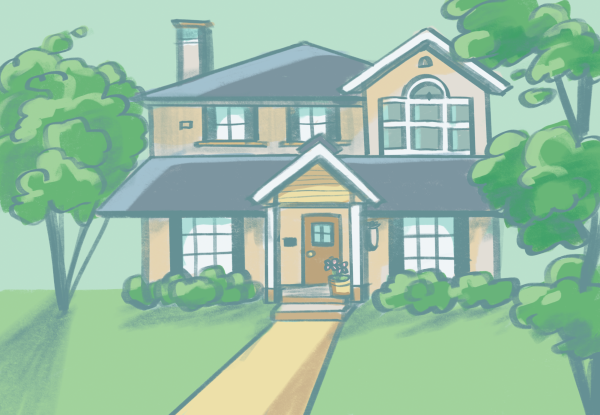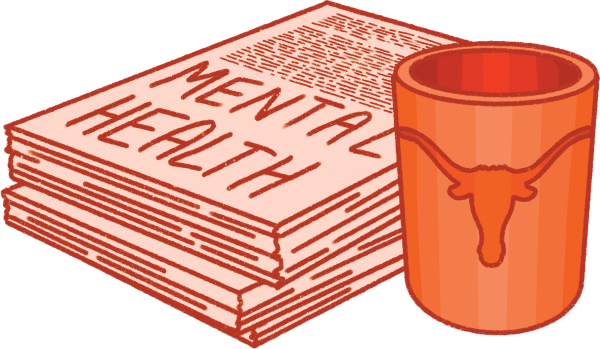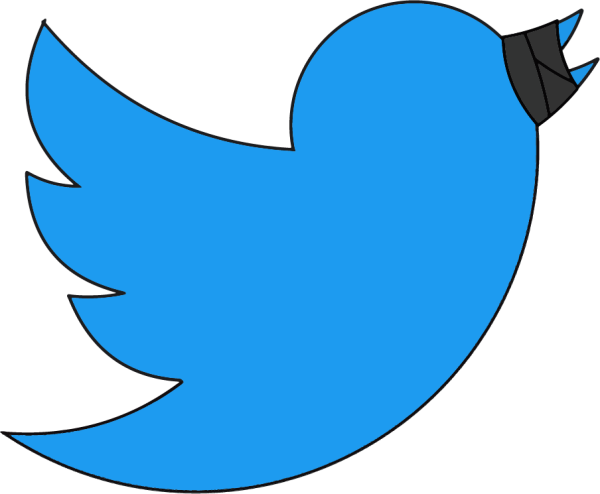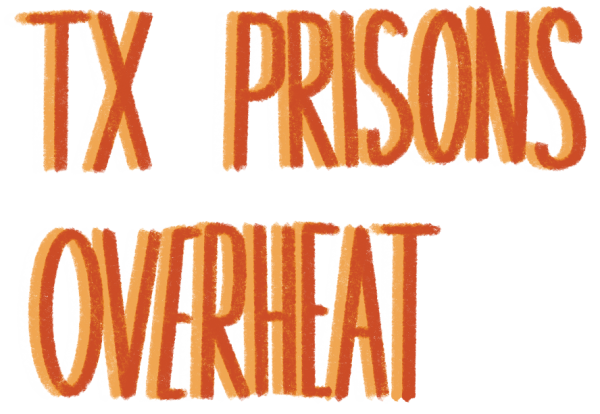The Real Crisis Behind Hotline Hold Times
February 18, 2020
I wake up from sleep and I’m shaking. Nauseous, all I can think about is how I need my mom to come rescue me from the clench of panic.
Sometimes I think I would rather be shot in the leg than have a panic attack. However, knowing that I’m someone with anxiety, it would make sense to assume that if I were shot in the leg, I would have a panic attack as a response.
It’s hard for me to seek help from others without feeling even more anxious than before. One of these nights, I was being held not only in the grasp of panic but in the grasp of guilt as well. I had lost count of the number of nights in a row that I had panic attacks and I felt guilty for being such an ordeal to my parents. I did the only thing I could think of: I texted a panic hotline. And they didn’t answer for forty minutes.
My experience with this panic hotline is similar to the experiences of many others. So many people are faced with mental health challenges and there are not enough people to answer them. There are too few hotlines for such things and nowhere near enough people to answer the messages.
On the one hand, it is illogical to expect that there are people who can handle listening to people in pain all hours of the day. The same line of reasoning applies to therapists, but these hotline workers aren’t paid by their clients. This is why the concept of hotlines is so important– people without the resources to see therapists are able to seek help without going bankrupt. However, this makes it especially difficult for hotlines to function smoothly as they are staffed almost entirely by volunteers who aren’t paid a dime for their hard work.
Although it caused me pain to not receive an answer from a hotline, it was nothing compared to the pain these workers go through each day. It is the responsibility of these hotlines to be there for those they promise to be there for. While anxiety is a major issue that these hotlines help to fight, depression and suicidal ideation are what they were designed for. These issues are ticking time bombs that they must deal with urgently.
In a short period of time, it might be too late for a hotline worker to help. So while a responder might be on their lunch break, or while they are sleeping( as they are ought to do) or while they are on the phone with other people, there are people like me who are shaking in their beds or sweating in a bathroom. There is no ethical way of choosing between giving crisis workers their personal time and giving mentally ill people the guidance they may need.
There is no situation in which I receive help without taking time away from someone else who happened to answer the phone. Mental illness is the ultimate ethical trolley problem. It is ruthless. It does not wait for you to answer the phone. It doesn’t give you an extra breath. It is guilt, it is pain and it is panic. And, though difficult, it is the responsibility of hotlines to face this issue and society to normalize it.







